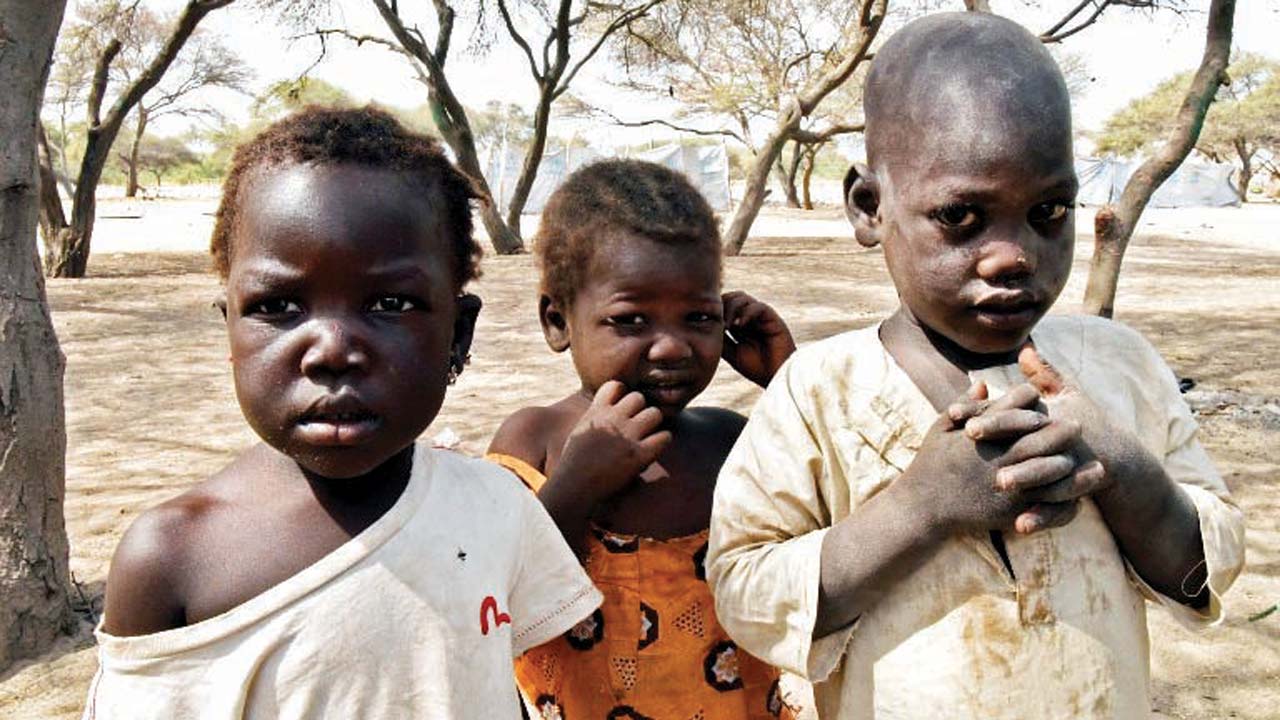By Harrison Arubu
The United Nations Children’s Fund (UNICEF) has said that the COVID-19 pandemic is intensifying many of the crises faced by children in Sub-Saharan Africa.
In a report titled, “COVID-19: A catastrophe for children in sub-Saharan Africa”, UNICEF said the well-being of children in the region was “under siege from all directions”.
According to the Agency, about 280 million children, or more than half of the child population in the region, may be dealing with food insecurity.
It said by April 2020, no fewer than 50 million students had lost access to free daily meals, with over 40 million of those impacted for at least six months and counting.
“Moreover, school closures impacted around 250 million students in sub-Saharan Africa, adding to the 100 million out of school children before the pandemic.
“Learning completely stopped for most of them, which has already reduced their lifelong earning potential.
“Millions are unlikely to ever return to the classroom,” the report said.
UNICEF said sub-Saharan Africa is suffering its first-ever economic recession, pushing about 50 million people into extreme poverty, a majority of whom are children.
It said this would be the largest single year change ever recorded in either absolute or percentage terms, and by a wide margin.
“The total number of extreme poor living in sub-Saharan Africa has now likely crossed the 500 million mark.
“This is approaching close to double the number in 1990 when progress against the Millennium Development Goals (MDG) started to be measured,” it stated.
The agency highlighted other challenges in the region to include rising prices of basic goods and services, movement restrictions and disruptions to crucial social services, droughts, floods, locust invasions and conflict.
The report quoted the Regional Director of UNICEF for Eastern and Southern Africa, Mohamed Fall, as saying these extraordinary challenges require extraordinary solutions.
Fall said expansion of cash transfer programmes “financed in novel ways could be the solution we need,” but noted that the clock is ticking.
The report explained that giving cash to households could mitigate and even prevent most of the current challenges facing children.
“It can also boost economic growth, build social protection systems and future resilience to shocks, and achieve big cost-savings over time.
“For example, giving a cash equivalent to 20 per cent of the average monthly income of a country to all children under five years for six months would cost between 1.3 per cent to 1.6 per cent of GDP.
“Such a programme could potentially boost per capita GDP by 2.4 per cent, on average, and help offset much of the current downturn.
“A full year of cash support to all young children could catapult many economies back into positive territory,” the agency said. (NAN)














